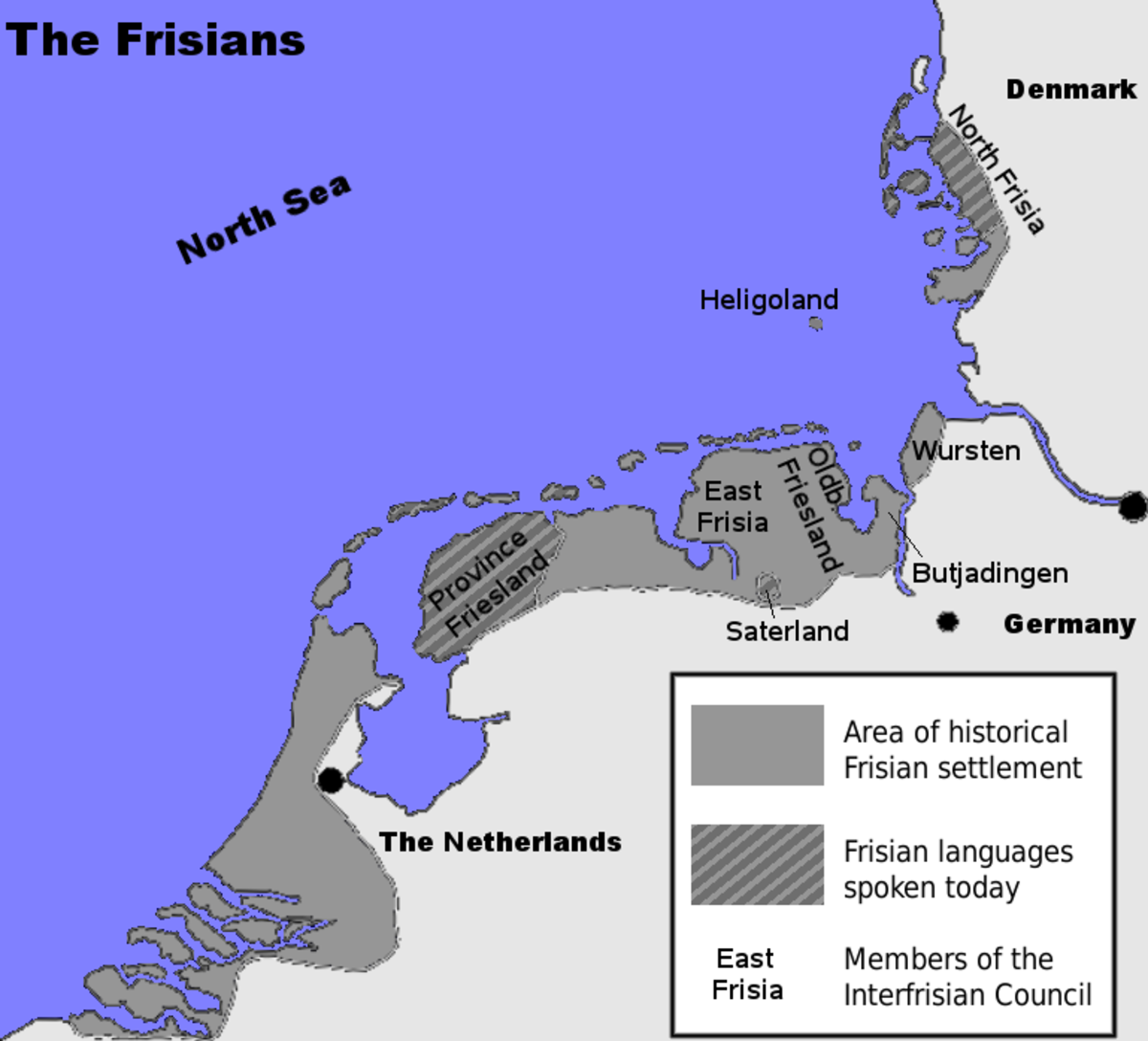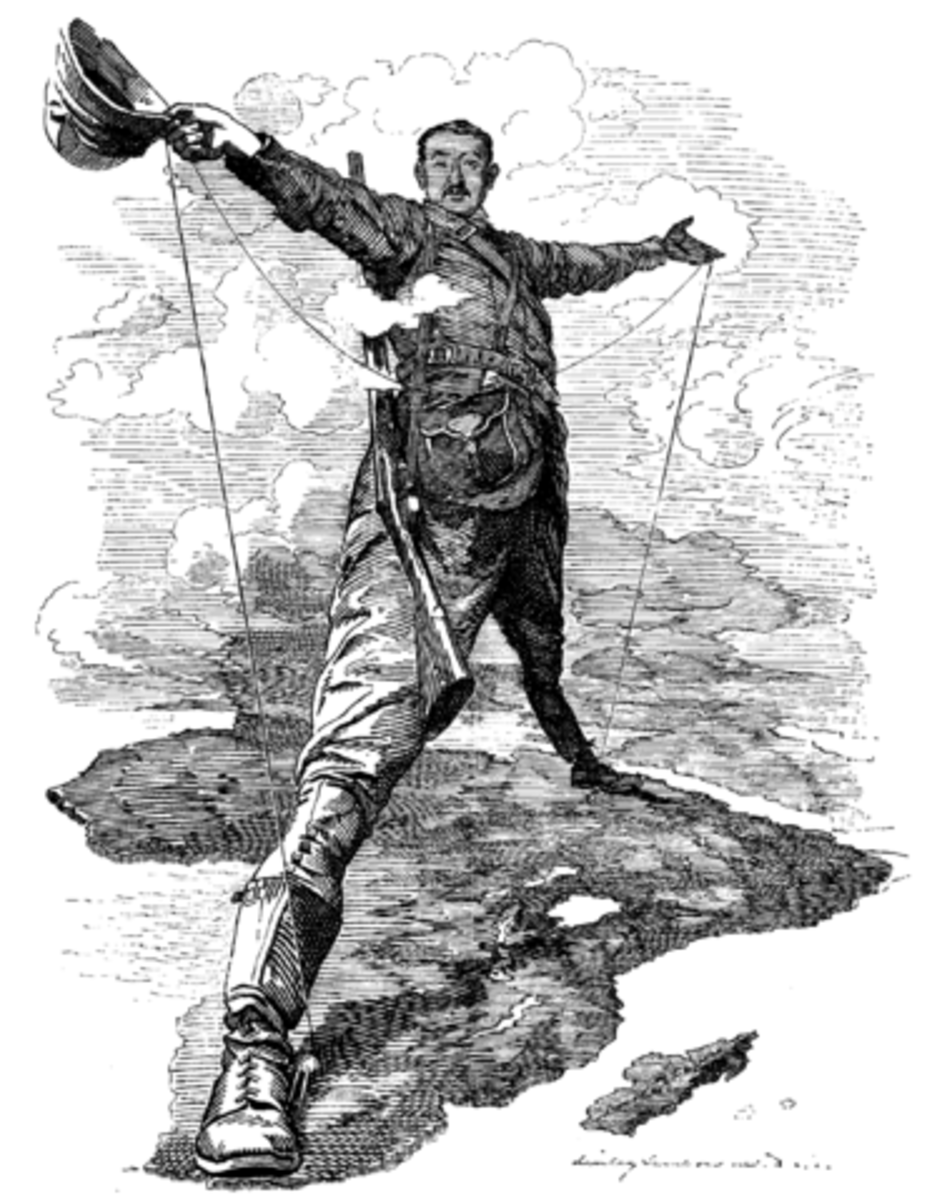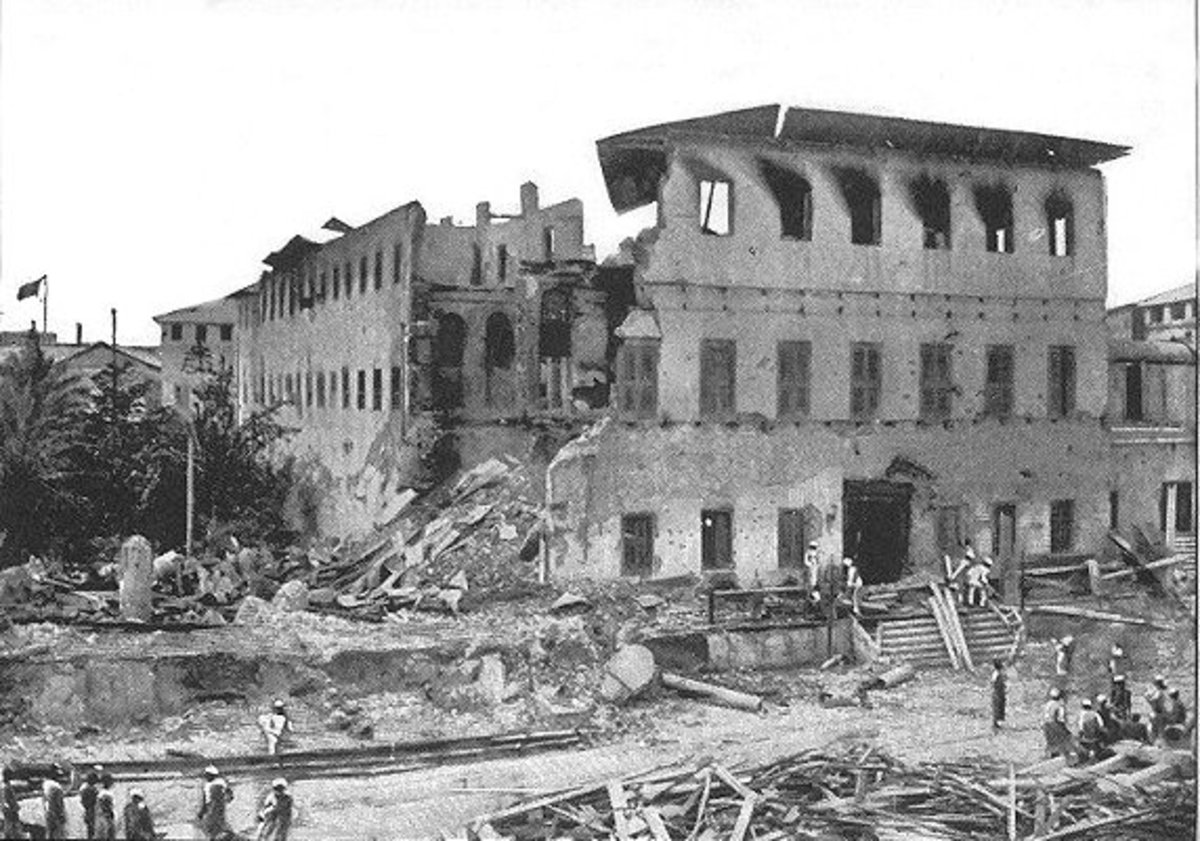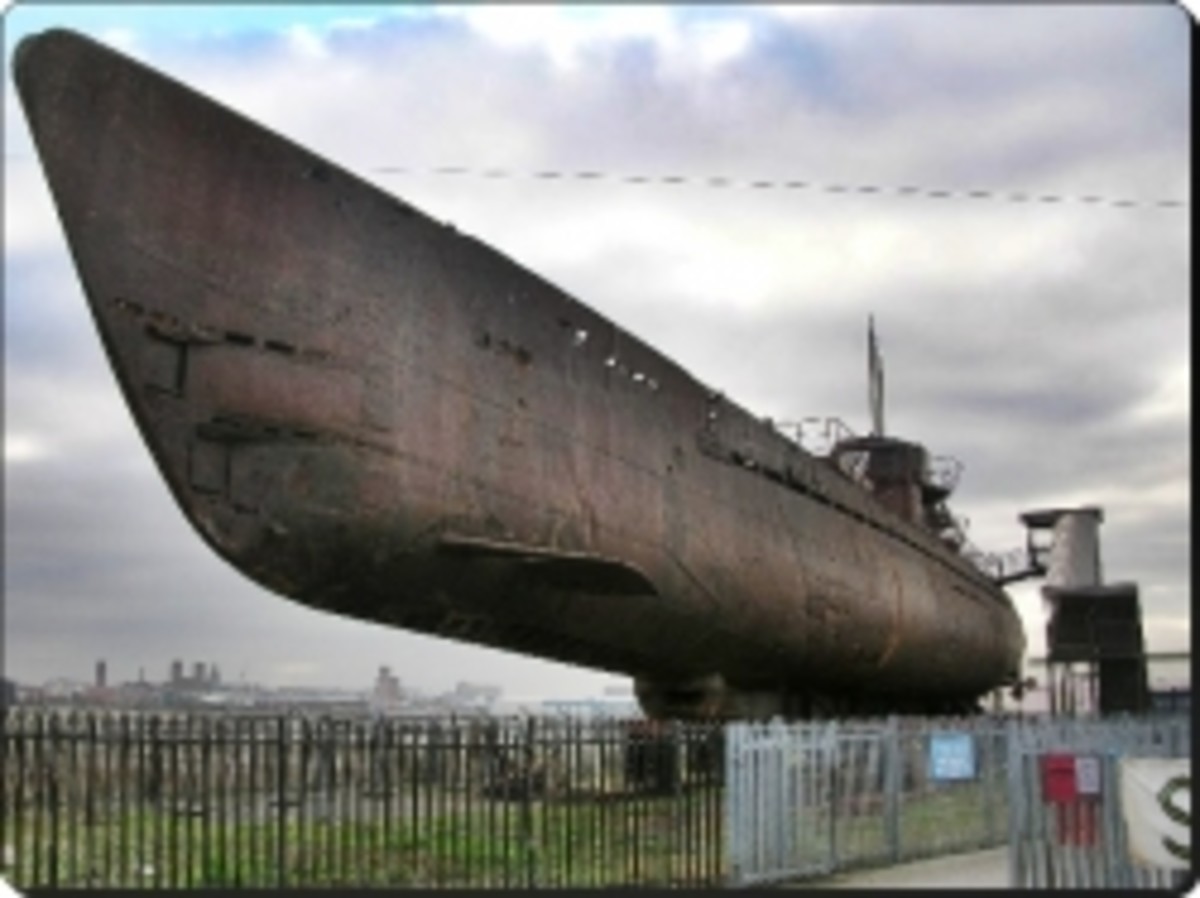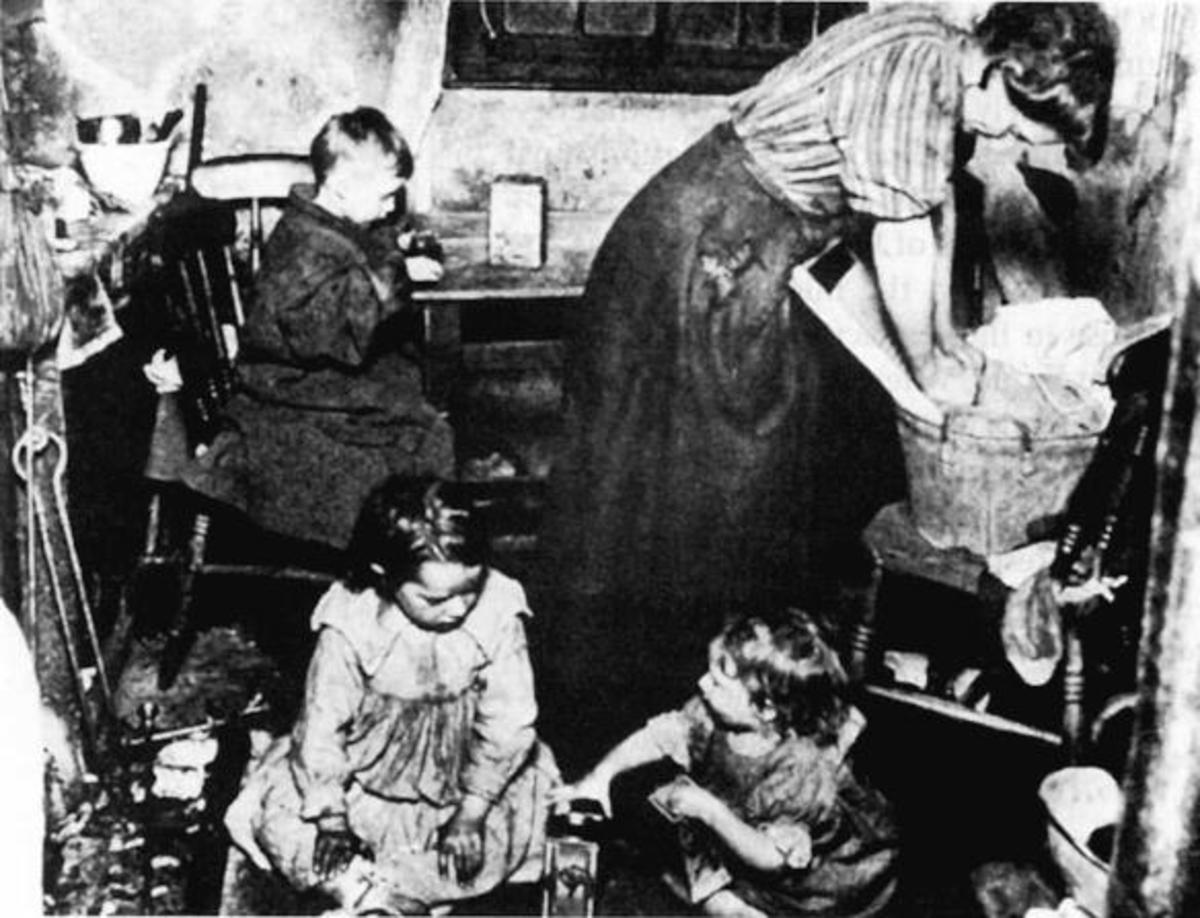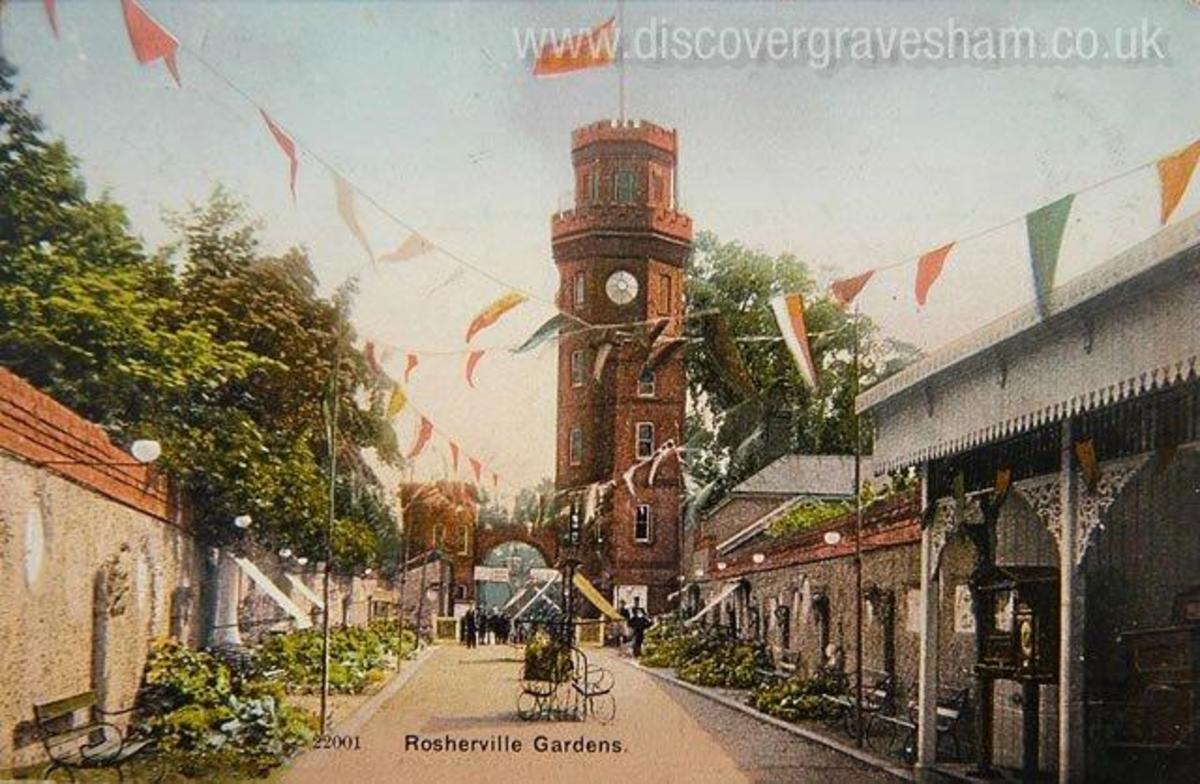- HubPages»
- Education and Science»
- History & Archaeology»
- History of the Modern Era
The 38-Minute War: Great Britain, Zanzibar, and the Scramble for Africa
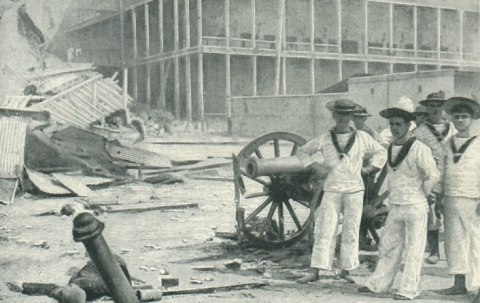
There have been many international conflicts that were far more protracted than any of the combatants involved initially predicted. The Hundred Years' War between England and France, for example, dragged on for longer than the space of two human lifetimes. There are also wars that are over far more quickly than expected. The 1971 war between India and Pakistan lasted just 13 days before the end of hostilities. No war in recorded history, however, can compare to the Anglo-Zanzibar War of 1896. The forces of Sultan Khalid bin Barghash surrendered to the British Royal Navy contingent just 38 minutes after the order to open fire was given. It remains, to this day, the shortest international conflict in military history, a record that is unlikely to ever be broken.
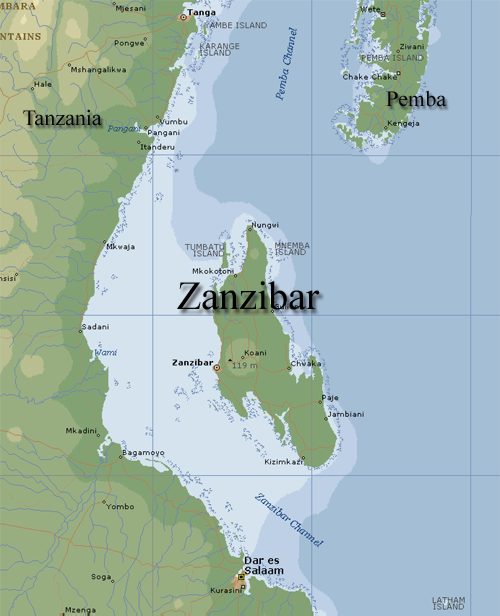
Background
Zanzibar (part of present-day Tanzania) was a small island nation situated around the center of the eastern coast of Africa. It was frequented by Arab traders for many centuries during the Age of Exploration, and then settled by Portugal in the late 1400s. After 200 years of Portuguese control, the nation came under the rule of the Sultanate of Oman in 1698, where it became the most significant port in the Arab slave trade. The British Empire, fostered by the strong abolitionist movement that swept the globe in the 19th Century, formally took control of the archipelago in the 1860s and governed it as a protectorate, giving the nation a great deal more autonomy in its own affairs than a colony would typically have in those days.
Great Britain maintained friendly relations and a lively commercial trade with Zanzibar for many years, relying on a succession of sultans and viziers who were sympathetic to British interests in the region. The fifth of these sultans, Hamad bin Thuwaini, assumed the throne in 1893. Like the rulers who came before him, bin Thuwaini was a staunchly pro-British monarch, and was held in high enough esteem to be granted knighthood in the Order of the Star of India, a high honor for a subject of the Empire at the time. However, his rule over Zanzibar would not last long.
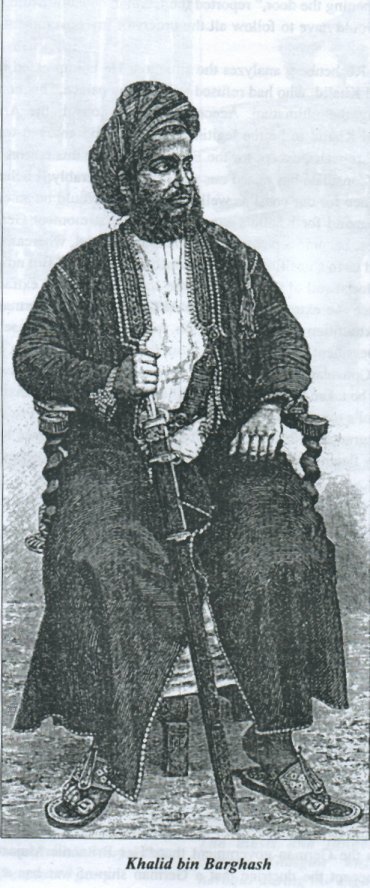
The Conflict
On the morning of August 25, 1896, the 39 year-old Hamad bin Thuwaini suddenly died. He had been experiencing no prior problems with his health, and foul play was suspected. Allegations immediately fell upon bin Thuwaini's cousin, Khalid bin Barghash, who quickly seized control of the throne in the wake of bin Thuwaini's death. However, the question of bin Barghash's culpability soon took a back seat. The British government soon got word of the events that were transpiring, and they were not happy.
The 1866 treaty that formalized relations between Great Britain and its new protectorate decreed that a new sultan could only ascend to the throne of Zanzibar with the formal permission of the British government. It was Britain's way of ensuring that the thriving commercial port remained a friendly nation. Aside from his pro-slavery stance, which did not win him favor with the Empire, Khalid bin Barghash's politics were an unknown quantity, and the circumstances surrounding the previous sultan's death made him a potential liability. In a matter of hours, the British government declared its support for Hamoud bin Mohammed, naming him the rightful sultan of Zanzibar. Britain issued an ultimatum to Khalid bin Barghash and his followers to relinquish the throne and evacuate the royal palace by 9:00 on the morning of August 27. If they refused to do so, Britain would take the palace and remove him by force.
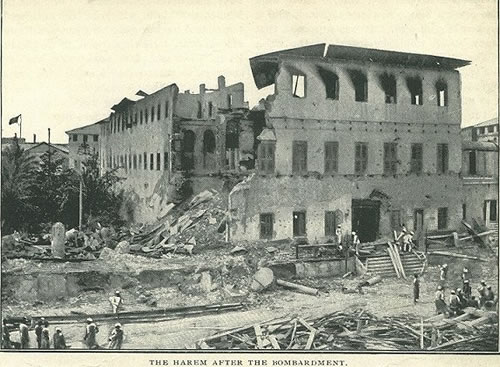
War Begins...And Then Ends
As the deadline approached, the British Royal Navy moved five of its ships and over 1,000 men into position around the port of Zanzibar Town, near the Royal Palace. Despite this presence, the British troops were outnumbered. Khalid bin Barghash had recruited conscripts from the civilian population in the city. Combined with the palace guards and servants, Zanzibar's forces numbered just under 3,000, along with four artillery pieces and a shore battery.
Despite the presence of the Royal Navy, Khalid bin Barghash did not believe that the British were serious. An hour before the formal deadline of the British ultimatum, a formal parley was held, in which he declared, "We have no intention of hauling down our flag and we do not believe you would open fire on us." Having failed to resolve the situation diplomatically by the appointed deadline, and with no further word from the sultan, the British contingent's commander, General Lloyd Mathews, ordered an attack on the palace.
At 9:02AM, The HMS Racoon, Thrush and Sparrow opened fire on the Royal Palace. With the first bombardment, the largely wooden palace was completely decimated. Its mounted cannons were dislodged and portions of the walls and roof caved in. Khalid bin Barghash and his followers immediately looted every valuable item they could find and fled the palace, leaving the civilian conscripts and the royal servants to maintain the fighting. A few minutes later, the Zanzibar ship Glasgow engaged the British gunboat St. George, barely scratching it with its nine-pound guns. The return fire from the St. George immediately sunk the Glasgow.
By 9:40AM, the barrage of artillery from the Royal Navy caused the Royal Palace to catch fire, and Zanzibar's forces had lost over 500 men. Britain had suffered no fatalities, and only one soldier was wounded in action. The remaining defenders of the palace, after a mere 38 minutes following the beginning of the conflict, cut down the sultan's flag from the top of the palace to signal Zanzibar's surrender.
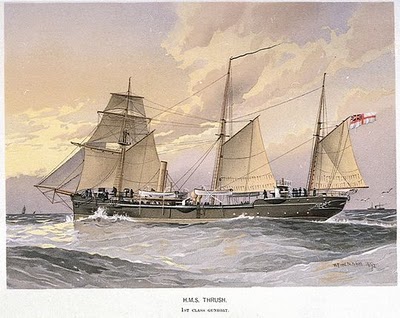
Aftermath
In the wake of the Anglo-Zanzibar War, Hamoud bin Mohammed was installed as sultan, and issued a decree formally ending slavery in Zanzibar. Khalid bin Barghash and around forty of his men fled to the German consulate, from which he was transferred to German East Africa. British forces caught up with him twenty years later during the East African campaign of World War I, and exiled him to the island of Saint Helena.
The effectiveness of the Royal Navy in the conflict did not go unnoticed. In the 67 years between the end of the Anglo-Zanzibar War and the formal end of the country's protectorate, there were no further rebellions against the Empire, even as European colonies all over the world were gaining their independence. Great Britain relinquished control of Zanzibar peacefully in 1963, and it currently exists as a semi-autonomous region of Tanzania.
The Anglo-Zanzibar War is listed in the Guinness Book of World Records as the shortest war in recorded history, a record that is likely to never be broken. For some perspective, the second-place holder on the list is the Six Day War of 1967, a conflict that was some 240 times as long. Despite this, however, it remains an important point in the history of East Africa, as it began the process of the end of the Arab slave trade in the region.

